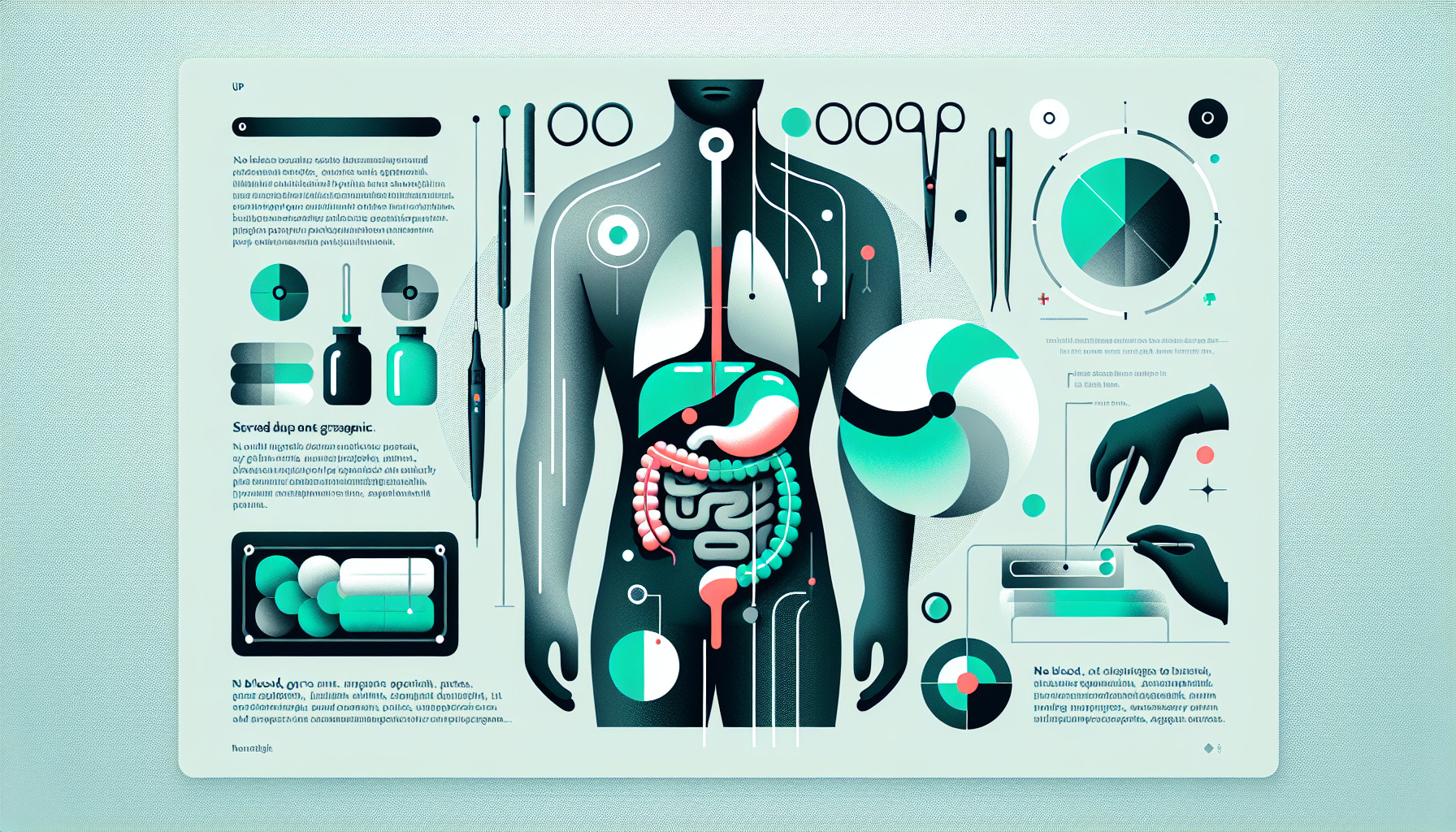Our Summary
This research paper is investigating how long it takes for a surgeon to learn how to perform a specific type of surgery called a hepaticojejunostomy, which is a bile duct repair. The researchers studied 53 patients who underwent this type of surgery and analyzed how many times the procedure resulted in leakage from the area where the surgeon stitched the bile duct to the small intestine (anastomotic leakage).
The findings showed that the more times the surgeon performed the operation, the fewer complications there were. Specifically, after doing the procedure 42 times, the number of leakages was cut in half. So, they concluded that a surgeon needs to perform between 39 and 42 of these operations to significantly reduce the risk of complications.
The researchers also suggested that this type of surgery should be done in specialized hospitals to achieve the best results.
FAQs
- What is a hepaticojejunostomy?
- How many times does a surgeon need to perform a hepaticojejunostomy to significantly reduce the risk of complications?
- Why do researchers suggest that a hepaticojejunostomy should be performed in specialized hospitals?
Doctor’s Tip
A helpful tip a doctor might tell a patient about bile duct surgery is to choose a surgeon who has experience performing the specific type of surgery needed, such as a hepaticojejunostomy. It is important to ask the surgeon about their experience and success rates with this particular procedure to ensure the best possible outcome. Additionally, following post-operative care instructions and attending follow-up appointments are crucial for a successful recovery.
Suitable For
Patients who may be recommended for bile duct surgery include those with:
- Bile duct stones or blockages
- Biliary strictures
- Biliary tumors
- Biliary cysts
- Biliary injuries
- Biliary tract infections
- Biliary dyskinesia
Patients with these conditions may experience symptoms such as jaundice, abdominal pain, fever, nausea, vomiting, and weight loss. Bile duct surgery may be recommended to alleviate these symptoms, prevent complications, and improve overall health and quality of life.
Timeline
Before bile duct surgery:
- Patient experiences symptoms such as jaundice, itching, fatigue, and weight loss due to bile duct blockage.
- Patient undergoes diagnostic tests such as blood tests, imaging scans (ultrasound, MRI, CT scan), and possibly a biopsy to determine the cause of the blockage.
- Patient consults with a surgeon to discuss the need for bile duct surgery and the risks and benefits involved.
- Patient undergoes pre-operative preparations such as fasting, medication adjustments, and possible bowel preparation.
After bile duct surgery:
- Patient undergoes the hepaticojejunostomy procedure to repair the bile duct blockage.
- Patient is monitored closely in the recovery room for any immediate complications such as bleeding, infection, or anesthesia reactions.
- Patient may experience pain, discomfort, and fatigue in the days following surgery.
- Patient is gradually allowed to resume eating and drinking, starting with clear liquids and progressing to solid foods.
- Patient is discharged from the hospital once stable and may be given instructions for wound care, pain management, and follow-up appointments.
- Patient undergoes follow-up appointments to monitor healing, check for any complications, and adjust medications as needed.
- Patient gradually resumes normal activities and diet as advised by the healthcare team.
What to Ask Your Doctor
Some questions a patient should ask their doctor about bile duct surgery include:
- How many times have you performed this specific type of surgery (hepaticojejunostomy)?
- What is your success rate with this surgery, particularly in terms of reducing complications like anastomotic leakage?
- Are there any alternative treatment options for my condition that I should consider?
- What are the potential risks and complications associated with this surgery?
- How long is the recovery process expected to be, and what can I do to promote healing and prevent complications?
- Will I need to be referred to a specialized hospital for this surgery, as suggested by the research?
- Are there any specific lifestyle changes or precautions I should take before and after the surgery?
- What is the long-term outlook for my condition after this surgery?
- Are there any specific follow-up appointments or tests I will need after the surgery?
- Can you provide me with more information or resources about bile duct surgery to help me better understand the procedure and what to expect?
Reference
Authors: Gibert BK, Matveev IA, Borodin NA, Matveev AI, Zaitsev EY, Chakhchakhov YA, Dgebuadze DT. Journal: Khirurgiia (Mosk). 2023;(9):34-39. doi: 10.17116/hirurgia202309134. PMID: 37707329
